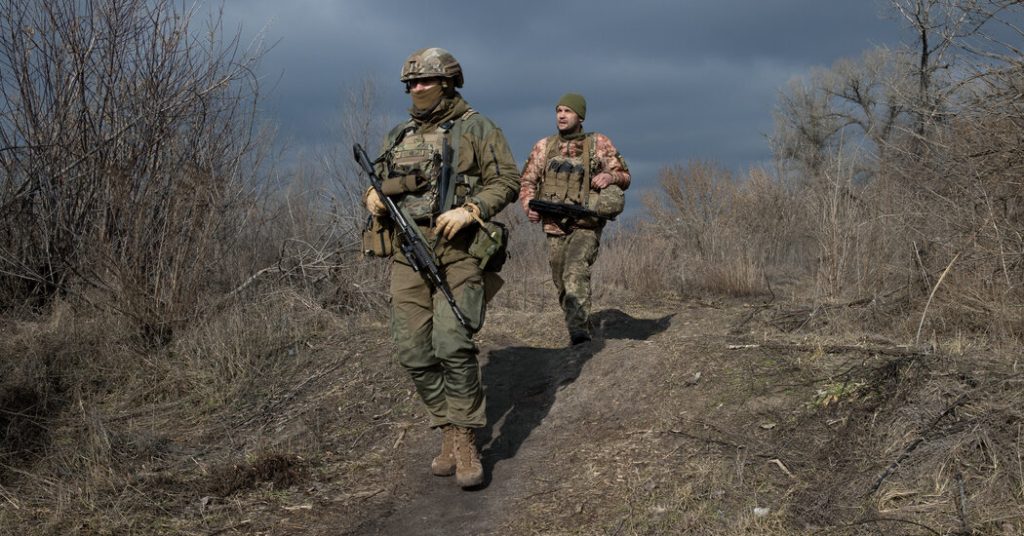
Russian aggression in Ukraine has exposed rifts in European football that threaten multimillion-dollar sponsorship deals and led to calls to move the biggest game on this season’s calendar, the Champions League final, outside the scheduled host city, St Petersburg.
The European Football Association (UEFA), Europe’s football governing body and organizer of the Champions League, has refused to respond to demands from some European countries to move the game, scheduled for May 29. The most outspoken opposition to hosting Russia came from Britain, which could supply one or both of the finalists. Last year’s final match took place between Manchester City and Chelsea in the English Premier League. The latter is owned by the Russian oligarch, Roman Abramovich.
“I have serious concerns about sporting events due to take place in Russia, such as the Champions League final, and will discuss the matter with the relevant governing bodies,” said Nadine Doris, the British government minister responsible for sport. wrote on twitter.
Britain’s foreign secretary, Liz Truss, told the BBC on Wednesday morning that she was against holding the final in St Petersburg.
UEFA said it was “constantly and closely monitoring the situation”.
British Prime Minister Boris Johnson announced on Tuesday the imposition of sanctions on three other Russian billionaires as part of a series of measures targeting people close to Russian President Vladimir Putin. Mr Abramovich, an ally of the Russian leader, previously had difficulties entering Britain after new visa restrictions were imposed on Russian businessmen in 2018.
There have been no direct consequences for his investment in Chelsea, but Mr Johnson’s government has said it is planning further action if Russia does not curb its activities in Ukraine.
Fans of Everton, another Premier League side, also face an anxious wait. Its largest sponsor, the USM, is controlled by Alisher Usmanov, another Russian billionaire with ties to the Kremlin. Margaret Hodge, a lawmaker for Britain’s opposition Labor Party, said in Parliament that Abramovich and Mr Usmanov should be subject to sanctions, calling them “kleptocrats who stole from the Russian people”.
The repercussions of the crisis also reached Germany, where Gazprom, the Russian energy giant, since 2007 has been the sponsor of one of the country’s leading teams, Schalke. German sports leaders, politicians and fan groups have called for the deal to end.
The club said in a statement that it “will monitor and evaluate further developments and urgently call for peace to protect those affected by the crisis.”
Gazprom is the main sponsor in football, transferring millions of dollars to the teams and, most importantly, to UEFA through a long-term business relationship. As a main partner, the Gazprom logo is now a familiar sight in stadiums and in television broadcasts during the Champions League, the richest club football tournament.
Gazprom has several other agreements in football, notably with FIFA, the World Cup organizer. FIFA has not commented on its relationship with the company, or with Russia, since units of the Russian army have moved under Mr Putin’s direction against neighboring Ukraine.
Perhaps it will have to do it soon: The Polish Football Association on Tuesday asked for clarification on the status of the crucial World Cup qualifier against Russia scheduled for Moscow next month.




More Stories
Journalists convicted in Hong Kong sedition case
Stand News: Hong Kong journalists convicted of sedition in case critics say highlights erosion of press freedom
Shark decapitates teen off Jamaica coast